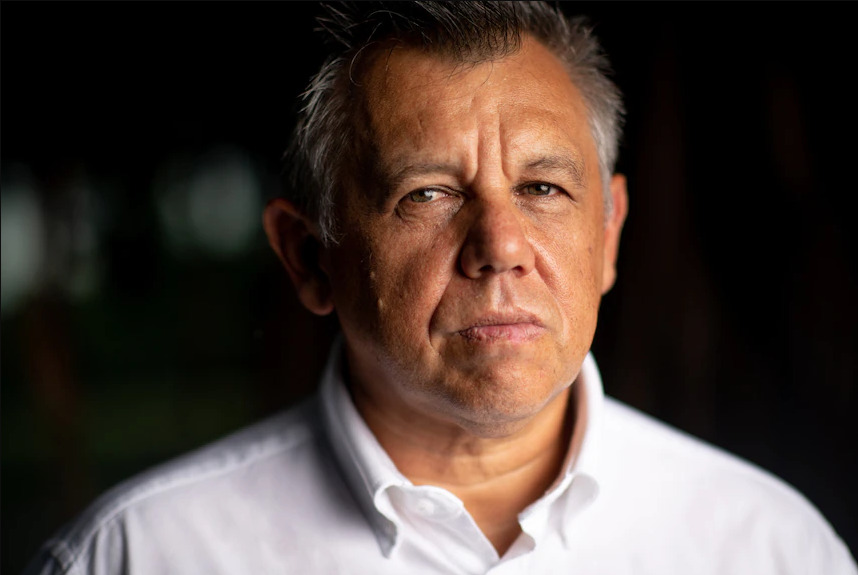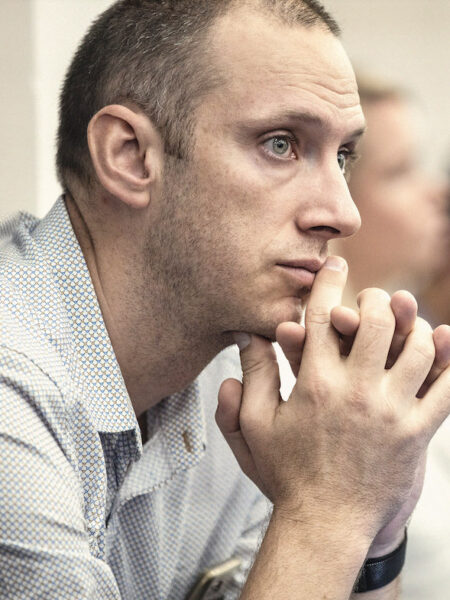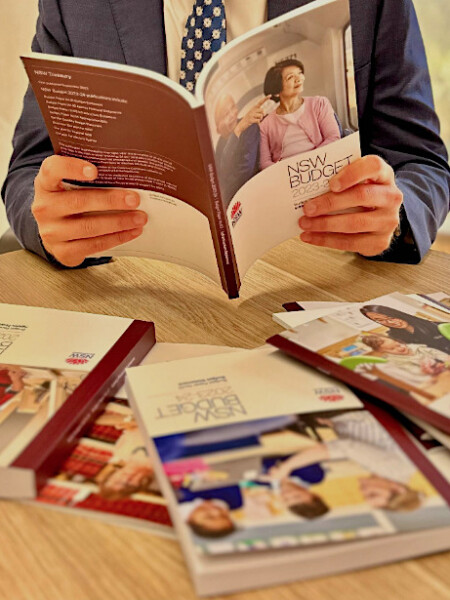The approach from both sides appears to be some attempted analysis of what affect a treaty will have. The analysis is occurring before the negotiations have commenced.
To my mind the question is not if Indigenous peoples and Government should negotiate a treaty or treaties. The question is when will we do it.
Some people will say that the discussion that is currently going on is necessary to allow people time to consider the ramifications of travelling down that path and to self determine. To decide whether that is the road they want.
I say to those people there is no alternative. We will not see constitutional reform in this country that enshrines Aboriginal rights in the manner of the Canadian Constitution.
The Canadian Constitution provides at Section 35 that ‘the existing aboriginal and treaty rights of the Aboriginal peoples of Canada are hereby recognised and affirmed’.
Our constitution, fortunately or unfortunately, does not make major change a simple affair.
Nor can the judiciary deal with what is essentially a political issue. It must be by way of an executive act. For it is the executive that makes the decisions to engage in and withdraw from conflict.
I can see that at some levels Aboriginal people and non-Aboriginal people are learning to get along. The Reconciliation process has done an enormous amount in opening the communication channels. But the reconciliation walks were not just a demonstration that vast numbers of people had been able to communicate with each other. They were anti-war demonstrations. The people were saying they had had enough. They do not want to live in a demilitarised zone where at any time they may be wounded by guilt; they do not want to have to see the skirmishes break out on the news every week.
The history of war tells us that the invaded Aboriginal peoples will never lay down all their weapons while the invaders impose a system that doesn’t allow for the full respect of their inherent rights. Timor, Ireland, North and South America, Vietnam: there are many obvious examples.
It is my view the skirmishes that happen every week in Australia between the State and Aboriginal people will continue. Whether it is kids in Redfern responding to harassment from the coppers, Murray Islanders forcibly taking fish from commercial fishermen, or elected Aboriginal representatives spiking legislation in the corridors of Parliament, the resistance will continue.
I say, let’s start the peace negotiations. I can assure you that Aboriginal people have gotten bored with the war, in as much as people can get bored with funerals, or bored with visits to the jail, or bored with poverty. Let’s start the peace talks.
To get the peace talks underway we need a number of things. They are:
- Identify the parties/authority (Aboriginal nations/Governments).
- Identify the parameters (social services/human rights/land, sea and resource rights/compensation). Modern treaties attempt to cover the field. For example, the Nunavut Agreement, which included $1.1 billion to be paid out between 1993 and 2007, and 1.9 million square kilometres of land and water.
- Identify the funding sources to pay for the negotiations.
However, once started the road is long and riddled with potholes. It is useful to take some heed of the observations from someone who has been there. I read a passage from John Amaqoalik, an Inuit leader, describing his experience. You may see some similarities with the path that Australian Aboriginal people must follow: He said:
The last 30 years have seen incredible changes for the Inuit of Nunavut. These changes, mostly for the better, have been the result of pioneering work by Inuit leaders who were determined to improve the lives of their people. This work has demanded the dedication and sacrifice of these people as they struggled to secure land and political rights for their children.In the early 1970s, being an Inuk leader working in land claims was sometimes a lonely feeling. Explaining to the older generation why it was necessary to ‘claim’ our homeland was not an easy task. Trying to explain what a modern treaty might contain was just as difficult.
The Inuit leadership also had to face hostile governments and a Canadian population largely ignorant of Inuit, their homeland, and their history. Inuit negotiators also had to break new ground in their land claim talks. Governments did not have any policy in many areas that Inuit felt had to be part of any final deal. The negotiations were stalled many times as governments struggled with things like royalties, offshore rights, self- government institutions with real legal powers, and new political entities. The process was grindingly slow and frustrating.
There is only one way out. Life has changed irrevocably for Aboriginal people. While people still pine for the old ways there is no turning back. But we do not have to continue down the same path either. The losses to both sides are too great. Let’s end the war and start the peace. Now.




